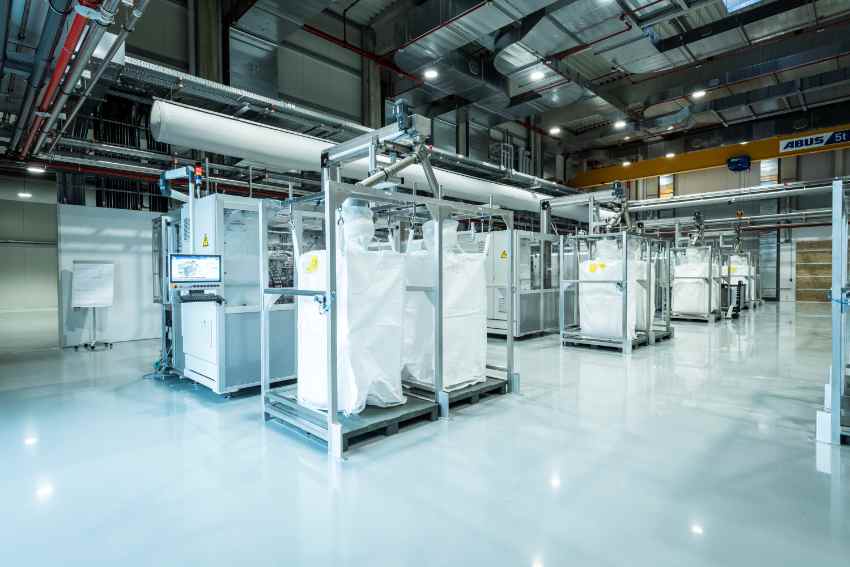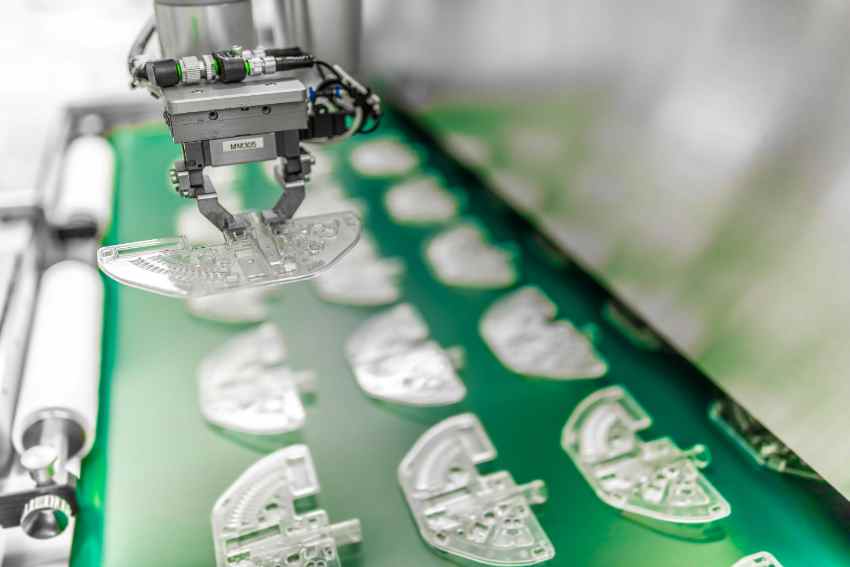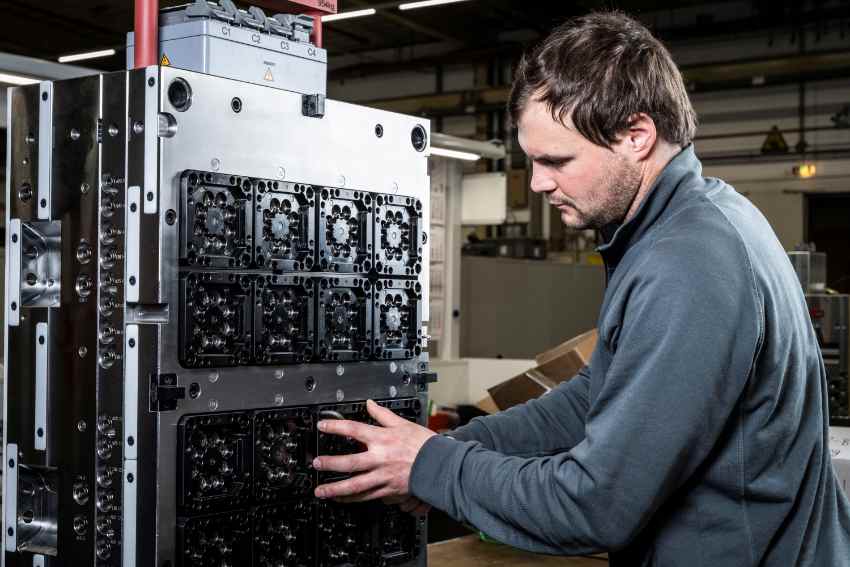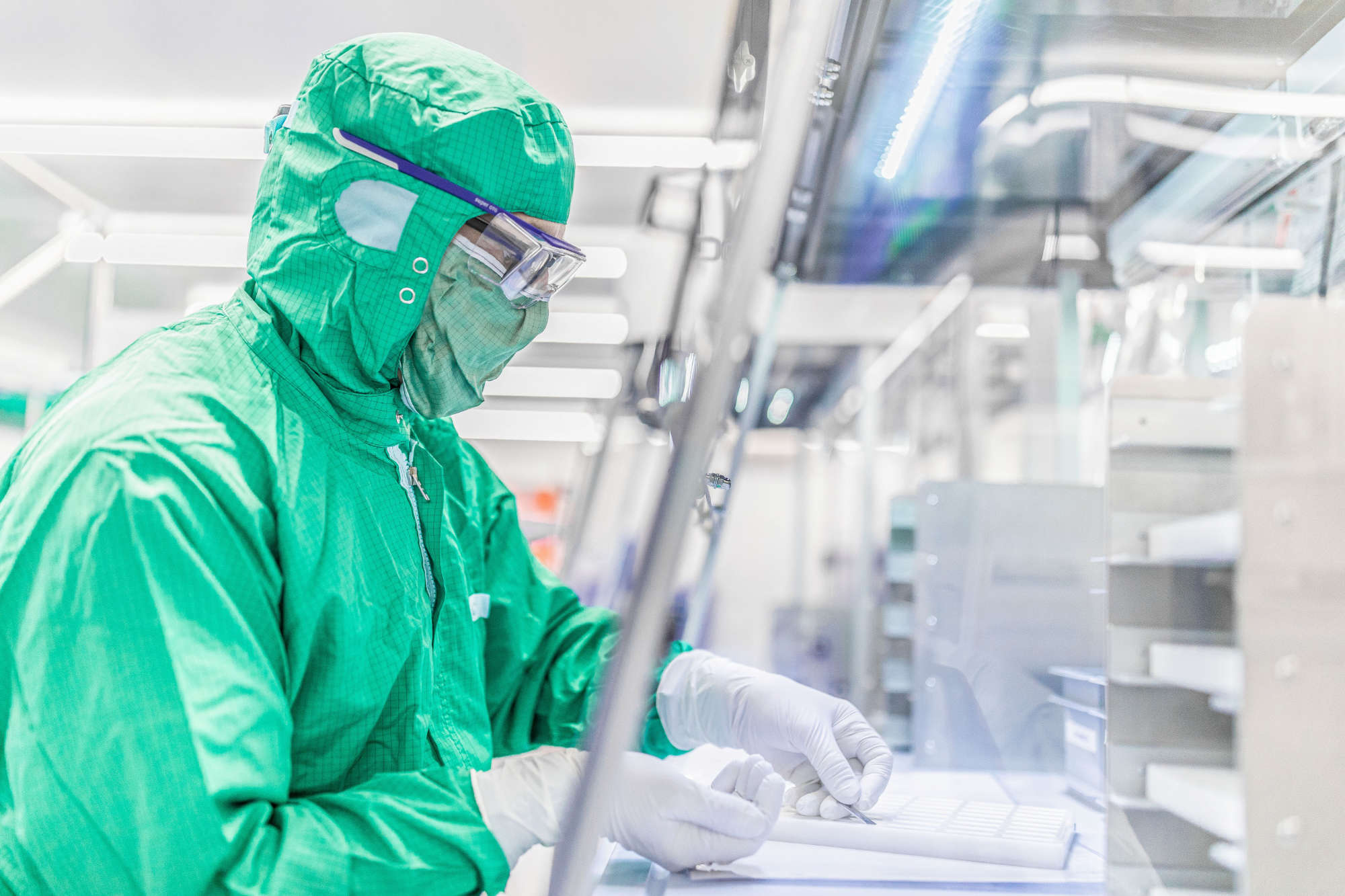Founded in 1974, RKT Rodinger Kunststoff-Technik has evolved over the past five decades into a leading provider of technology for innovative plastics processing in medical technology, diagnostics, and life sciences. As a trusted manufacturing partner, it supports international clients across the entire value chain—from development, toolmaking, and plastic injection molding to assembly, logistics, and shipping.
Leveraging collaborative robotics in clean-room environments, the company engineers and produces components, modules, complete assemblies, and finished medical products. It holds extensive expertise in the design, development, and construction of complex molds, as well as in the selection and processing of a wide range of plastic materials. Multi-component injection molding is among its core areas of specialization.
Based in Roding, Germany, RKT employs 230 professionals who ensure that every stage of production meets the highest standards of precision, reliability, and quality.
Interview with Markus Kamm, VP Sales, Projects & SCM at RKT Rodinger Kunststoff-Technik GmbH.
What are the most common challenges your clients face before turning to your solutions?
Markus Kamm: In the field of mold making: significant quality problems in ongoing production, forcing some customers to start completely new tool concepts for injection molding production. Quality problems can also lead to supply bottlenecks.
RKT specializes in plastic parts for medical technology and other demanding industries. In this field our customers are looking for a partner to support them in the product desgin and series production of, mostly complex, plastic components.
How do you typically discover and define a client’s productivity problem before offering a solution?
M.K: With a targeted needs analysis to understand exactly which customer requirements and wishes are most important.
This is usually followed by a DFM (design for manufacturing) analysis based on our customers’ technical requirements.

In what ways do your services directly address these challenges and remove barriers to efficiency?
M.K: By working with the customer to define important design requirements for the product at an early stage, so that these can then be reliably manufactured in large-scale mass production.
Our services include design engineering, toolmaking, plastic injection molding combined with value-added stages like liquid handling, assembly, primary and secondary packaging and of course clean-room production for medical and life science industries.
What role does innovation (in design, materials, digitalization, automation, etc.) play in transforming client problems into measurable results?
M.K: The selection of suitable raw materials is an essential part of the early stages of product development to ensure that the technical and quality requirements of our customers can be met in later series production. Therefore, in our case, process engineering is always involved in every new project.
Furthermore, the interaction between the injection molding machine, the robot handling, and the appropriate removal units plays an important role. These components must work together perfectly in order to ensure both the required cycle times and the required product qualities. In some cases, these removal systems are expanded with camera systems to enable automated product inspection during the ongoing series production process. Systems that independently learn to recognize new error patterns with the support of AI are also included here.
How do you ensure a smooth transition from problem recognition to implementing your solution at the client’s site?
M.K: As a rule, using an analytical method that includes the impact of errors in all areas of the value chain. E.g., by means of processing using an Ishikawa diagram.

Do you adapt your products to specific industries or customer needs, and if so, how?
M.K: No, RKT is a contract manufacturer (CMO) primarily in the medical and pharmaceutical industries. Product innovations and possible changes are largely driven by our customers and are adapted in terms of their type and design to market conditions or legal requirements.
What key metrics do your clients use to measure productivity improvements after adopting your solutions?
M.K: As a rule, key figures such as cycle time, machine availability, and scrap are used.
Can you share a concrete example where your product significantly boosted a client’s productivity?
M.K: One of RKT’s specialties is the production and injection molding of high-cavity tools – tools of eight cavities or more. RKT has extensive experience in the production of 8, 32, 64, and even 128 cavity tools to simultaneously mold multiple parts in a single injection cycle.
Furthermore we have recently transitioned from in-process measurements in injection molding processes to a batch release based on machine parameters. This eliminates the need for additional manual measurements. The machine-based release is made possible by a sophisticated digital documentation system, which considerably streamlines and automates inspection processes.
How do your solutions not only solve immediate challenges but also support long-term operational efficiency and sustainability?
M.K: We achieve operational efficiency through ongoing developments in process automation – see our batch release procedure under former question – as well as through the use of semi- and fully automated 2 and 3 component injection molding processes, depending on the scale of the quantities to be manufactured. In addition, the use of robotics is standard at our facility.
To improve sustainability and reduce our carbon footprint, RKT has implemented internal projects to reduce energy consumption and CO2 emissions, among other things.

Another important aspect is the conversion and optimization of supply chains. CO2-neutral transport of products to our customers is openly discussed.
A switch to sustainable raw materials must be initiated by our customers, but in the medical and pharmaceutical industries this requires a completely new validation of products.
What future client challenges do you anticipate, and how are your products evolving to address them?
M.K: Establishing products made from sustainable raw materials on the market will be a major challenge in the future. Requirements regarding component size, appearance, and functionality are also becoming increasingly important and significant.
Ideally, we take responsibility for the entire production process, from tool design to the manufacturing of plastic components. However, some customers prefer to produce at their own facilities without forgoing our expertise in developing high-cavity tools. In these cases, we offer tool relocation.
Our customers’ production sites are increasingly international, a challenge we readily accept. We have a proven track record of relocating tools and supporting their on-site implementation for customers across and outside of Europe.


